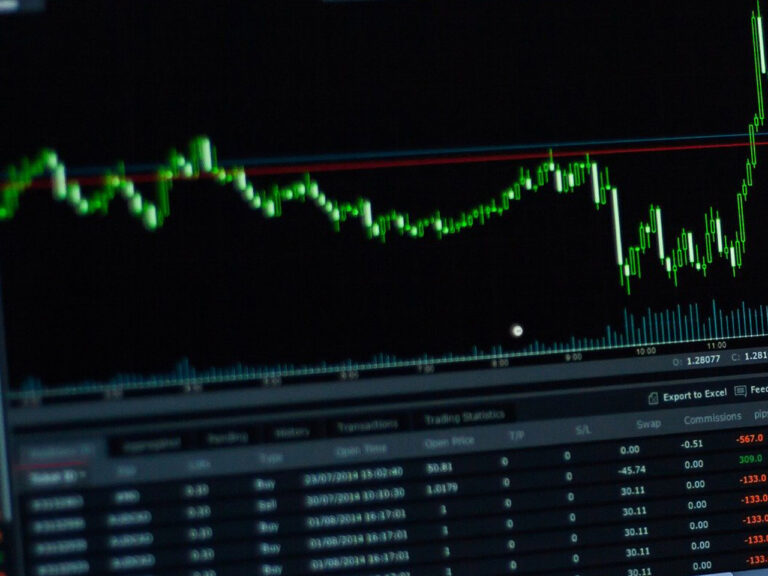Vodafone Group PLC, trading under the ticker VOD.L, remains a heavyweight in the international telecommunication sector, with its market capitalisation standing at an impressive $19.11 billion. This British telecom behemoth offers a diverse range of services, spanning mobile and fixed connectivity, cloud computing, and innovative IoT solutions, which cater to a broad spectrum of industries such as health, finance, and agriculture.
Currently priced at 77.1 GBp, Vodafone’s stock has shown a modest price change of -1.82, translating to a marginal -0.02% adjustment. With its 52-week range fluctuating between 63.92 and 78.92 GBp, the stock sits near its upper threshold, suggesting a level of resilience in its market positioning. Despite this, investors are keeping a close watch on its trajectory, especially given its potential upside of 7.79%, as indicated by the average target price of 83.10 GBp.
Investors may find the valuation metrics of Vodafone perplexing. The absence of a trailing P/E ratio, alongside an unusually high forward P/E of 755.29, might raise eyebrows. Such figures often signal market expectations of future growth or reflect current earnings challenges. Meanwhile, the PEG ratio, Price/Book, and Price/Sales figures are notably absent, leaving investors with limited traditional valuation metrics to rely upon.
Performance metrics paint a mixed picture. Vodafone’s negative EPS of -0.13 and a return on equity of -6.48% could be concerning for growth-oriented investors. However, the company’s robust free cash flow of over 18.5 billion underscores its operational cash generation capacity, which could be a silver lining for those focusing on liquidity and financial health.
On the dividend front, Vodafone offers a relatively attractive yield of 4.90%. Yet, with a payout ratio of 101.75%, it suggests that the company is distributing more than its earnings in dividends, a factor that could affect long-term sustainability if not rectified.
Analyst sentiment towards Vodafone is varied, with a blend of 5 buy ratings, 7 hold ratings, and 4 sell ratings. This distribution highlights a cautious optimism, as analysts weigh the company’s established market presence against its financial and operational challenges.
From a technical standpoint, Vodafone’s 50-day and 200-day moving averages are closely aligned at 71.52 and 71.43, respectively, signalling a potential point of stability or consolidation. The RSI (14) stands at 32.69, nearing the oversold territory, which could imply a buying opportunity for contrarian investors. Additionally, the MACD value of 1.68 exceeding the signal line of 0.83 suggests a bullish momentum, albeit cautious given the broader market conditions.
Vodafone’s expansive service portfolio and strategic presence across Europe, Africa, and beyond, position it uniquely within the telecom industry. Its ventures into IoT and digital applications signal a forward-thinking approach, though investors must carefully consider the underlying financial metrics and market dynamics. As Vodafone navigates the complex landscape of global telecommunications, individual investors should weigh the balance between its promising service innovations and the financial indicators that could impact its stock performance.






































